MagSense® Technology
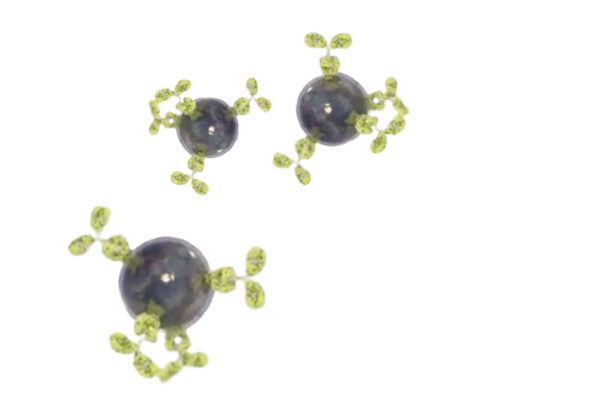
A Clear Unmet Global Medical Need
Every year cancer kills more than 9 million people globally. And each year billions of dollars are wasted and patients’ outcomes are compromised due to limitations in diagnostic imaging.
Our mission is to change the way we look at cancer, launching the next generation of molecular imaging. Today‘s gold standard provides limited information and visibility resulting in late diagnosis when tumors have grown big enough to be detectable, which is often too late.
MagSense® Imaging Agent Technology can change that.

A Look Inside MagSense® Imaging Agent Technology

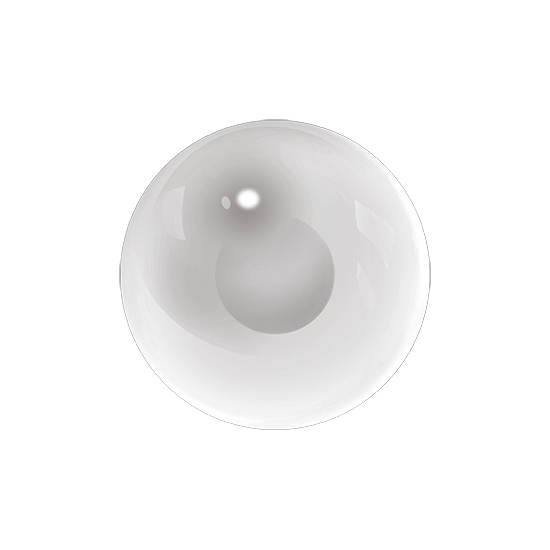
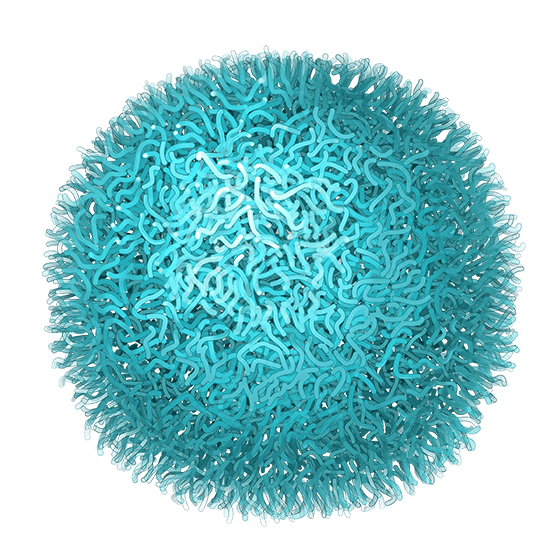
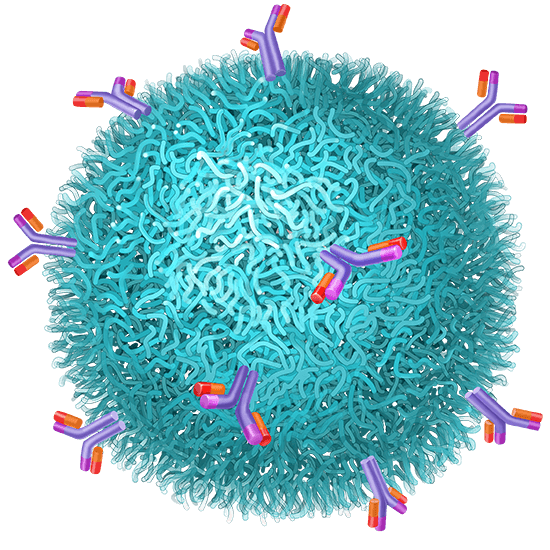
Magnetite Nanoparticle Core
Discreet control of uniformly sized Superparamagnetic Iron Oxide Nanoparticles (SPIONs)- Fe3O4.
Protective Polymer Coating
Range of biocompatible coatings to improve vary bioavailability and provide stability in physiologic conditions.
Stealth Coating – PolyEthylene Glycol
Minimizes opsonization in biological applications.
Targeting Moieties
Antibodies, peptides or cancer specific small molecules provides specificity for targeting tumor cells.
How does MagSense® Imaging Agent Technology Work?
MagSense® nanoparticles result in unique and differentiable image contrast when imaged by MRI.
Bio-safe magnetic nanoparticles are attracted to the tumor and detected.
Click video above to watch
1. Inject
Patients are given a low-dose injection of MagSense® imaging agent nanoparticles.2. Target
Targeting molecules affixed to the nanoparticles, ensure high specificity for the cancer, and cause the nanoparticles to find and bind to tumor cells.
3. Bind
Tumor binding makes MagSense® nanoparticles’ superparamagnetism detectable for MRI imaging resulting in a unique image contrast, well differentiated from nontumor-containing tissue contrast.4. Clear
MagSense® nanoparticles are safely cleared by the liver where the iron core is metabolized to ferritin in the hemoglobin production pathway.Diagnostic Imaging is Fundamental in Precision Oncology
Most cancers are asymptomatic, growing unnoticed and undetected until the tumor has grown large enough (many millions of cells) to cause identifiable symptoms. Despite advances made in medical imaging technologies, today’s gold standard still fails to detect small and / or metastatic tumors. Additionally, current medical imaging methods cannot distinguish between benign growths and malignant cancers. This results in missed cancers, intrusive biopsies and surgeries, unnecessary treatment, and needless patient anxiety.
In this era of ever-improving precision oncology, Imagion Biosystems’ molecular MRI may provide novel insights into the presence and extent of disease, helping clinicians and patients optimize treatment plans and extend lives.
While newer blood-based testing, such as the detection of circulating tumor cells or nucleic acids, may provide earlier identification of the presence of cancer, such blood-based testing will necessitate a complementary technology to locate and stage the disease.
Currently, there are five different ways to image the body


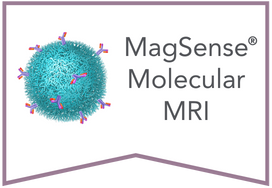
How is MagSense® technology better than other imaging methods?
Make sense with MagSense®
PREDOSE
Enlarged, ovoid axillary lymph node
Tumor Involved?
Homogeneous Hypointensity by Normal Lymph Nodes
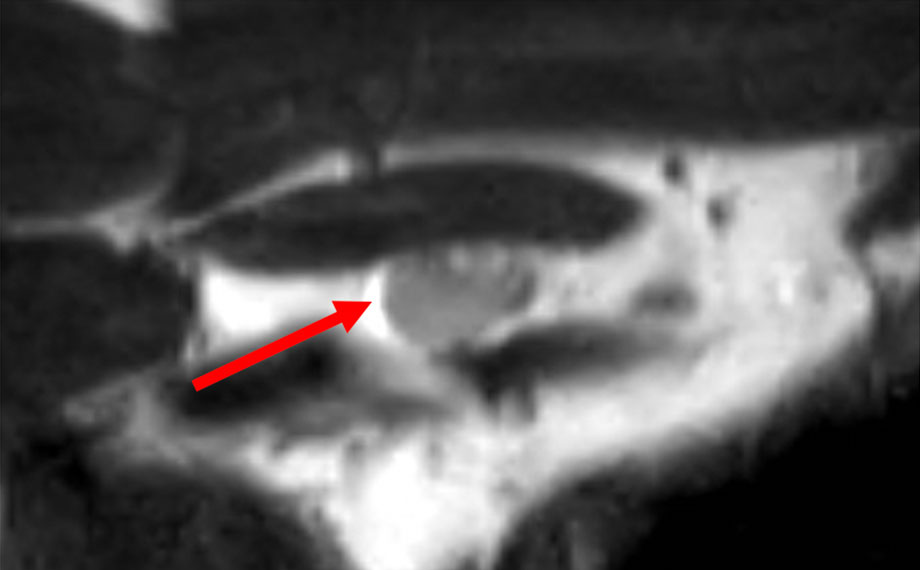
Heterogeneous Hypointensity in Suspicious Lymph Nodes
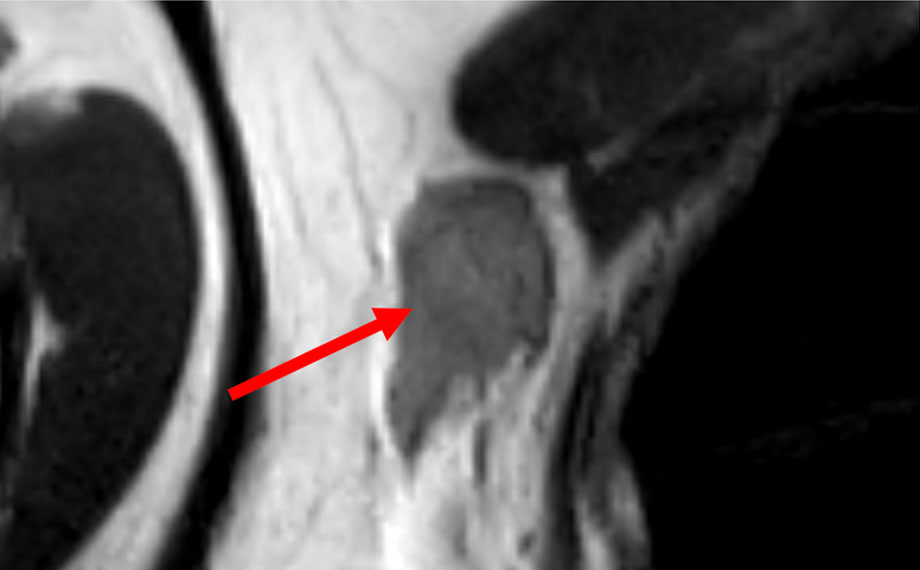
PREDOSE
Enlarged axillary lymph node with replacement of the normal fatty hilum
Tumor Involved?
POSTDOSE
Uniformly darkened lymph node suggests
Benign/Normal
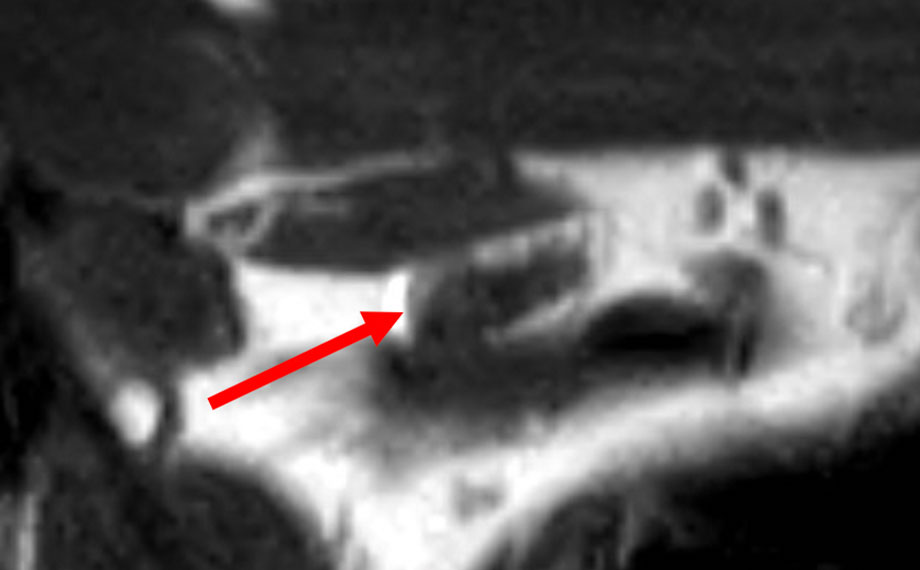
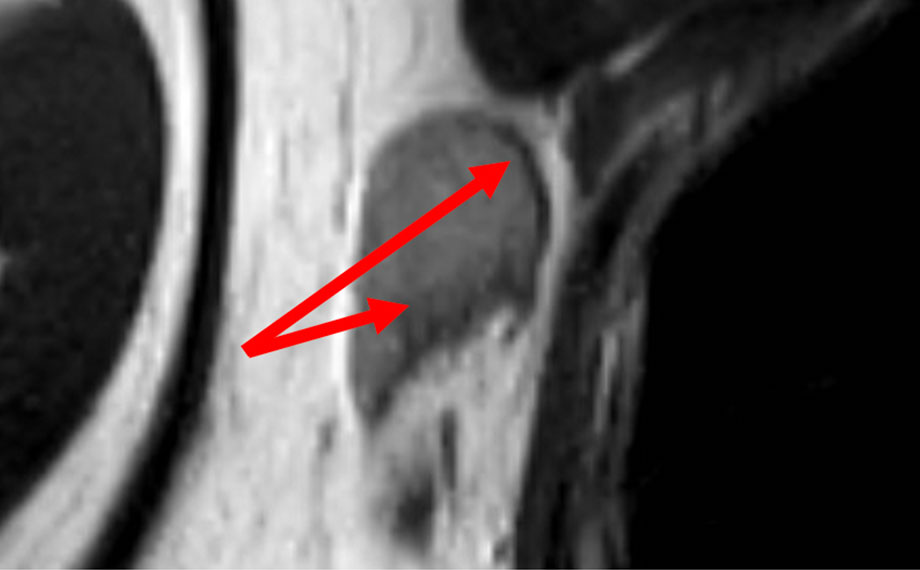
POSTDOSE
Heterogenous hypointensity and slightly darkened cortex confirms
Metastatic disease
MagSense® Fits Within Current Clinical Workflows
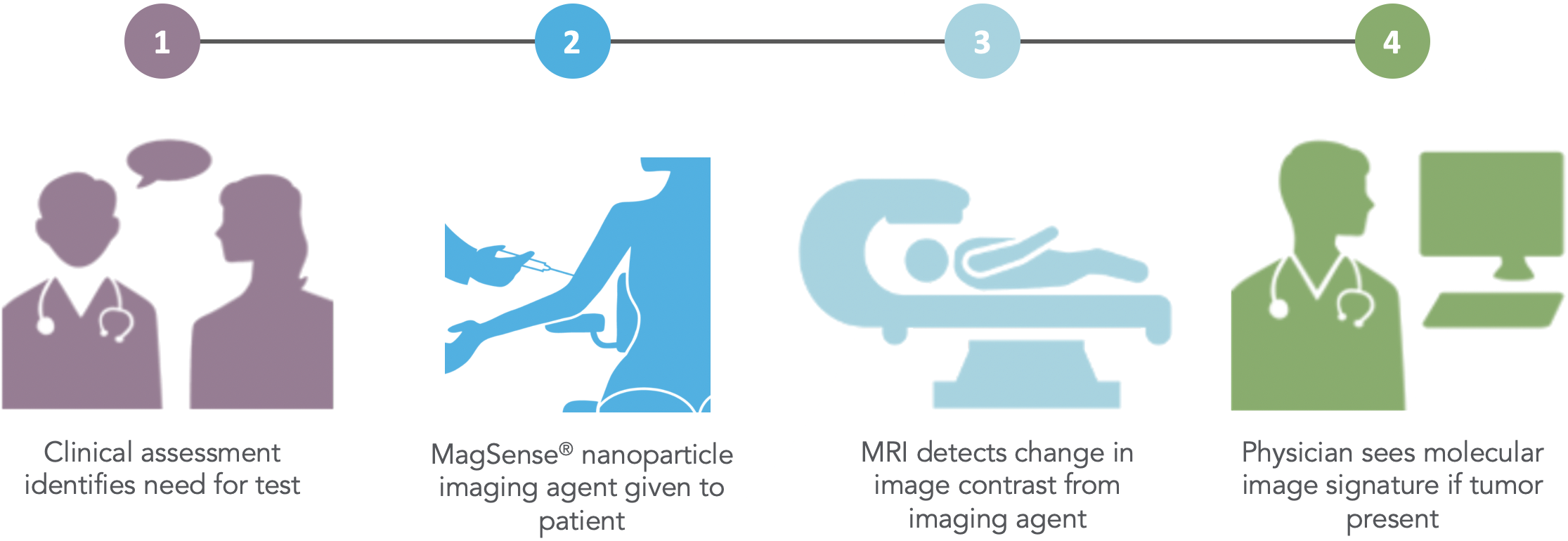
Learn more about our MagSense® applications and product pipeline
Or if you’re looking to become a strategic partner to help design and drive clinical development, learn more about our collaboration opportunities.
